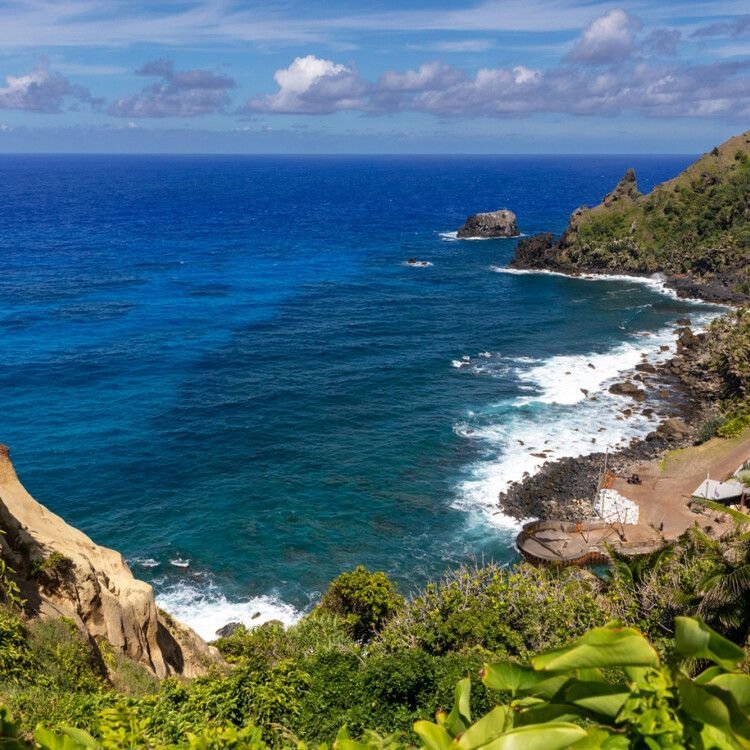🌊 Introduction: The Last Great Mystery on Earth
Space often gets called the “final frontier,” but the real unexplored frontier lies right beneath us — our ocean. Covering over 70% of Earth’s surface, the ocean remains largely unknown, with more than 80% still unmapped and unexplored. While humans have walked on the moon, only a handful have reached the deepest ocean trenches. The mysteries of the ocean floor, the strange life forms in the abyss, and the forces shaping our planet are still waiting to be uncovered.
This article dives deep into the ocean’s uncharted territories, revealing why this hidden world holds the most exciting secrets on Earth.
🐚 A World Beneath the Waves Still Hidden from Us
We often imagine the ocean as a flat blue layer above familiar marine life—fish, dolphins, corals—but beneath the sunlit surface lies a vast universe.
The ocean holds:
- Ancient underwater mountain ranges taller than the Himalayas
- Volcanic vents hotter than boiling lava chambers
- Submerged canyons deeper than the Grand Canyon
- Species that glow, shape-shift, or survive without sunlight
In the darkness below, evolution has taken strange and fascinating turns, creating some of the most unusual creatures on Earth.
⚓ Why the Ocean Remains Mostly Unexplored
Exploring the deep sea is harder than exploring space. Extreme conditions make it dangerous and technically challenging:
| Challenge | Extreme Condition |
|---|---|
| Pressure | 1,000 times greater than surface |
| Cold | Temperatures near freezing |
| Darkness | No sunlight below 1,000m |
| Navigation | GPS does not work underwater |
Technology is advancing, but the deep ocean still resists us. Every mile downward increases pressure dramatically — strong enough to crush steel. This mystery adds to the ocean’s allure.
👽 Aliens on Earth: Bizarre Deep-Sea Life
Deep-sea animals look like they belong on another planet. Since there’s no light, creatures evolve in eerie and surprising ways.
Some deep-sea life forms include:
- Giant squid the size of buses
- Anglerfish with glowing lures
- Vampire squid with cloak-like arms
- Bioluminescent jellyfish creating underwater light shows
- Yeti crabs covered in silky white hair
These aren’t just strange — they show how adaptable life can be. Where humans would perish instantly, these creatures thrive.
🔥 Hydrothermal Vents: Oases in the Dark
One of the biggest ocean discoveries came in 1977 when scientists found hydrothermal vents on the seafloor. Instead of sunlight, these vents use chemical energy to fuel life — a process called chemosynthesis.
What scientists found there:
- Giant tube worms with no mouths
- Blind shrimp that sense heat
- Microbes living in extreme heat and toxins
This discovery changed science. It proved life doesn’t need sunlight — meaning life might exist on other planets’ oceans, such as Jupiter’s moon Europa.
🌄 Underwater Mountains, Valleys, and Volcanoes
Earth’s longest mountain range is not on land — it lies underwater.
Incredible ocean geological wonders:
- Mid-Ocean Ridge, 65,000 km long — the longest mountain chain on Earth
- Mariana Trench, deeper than Mount Everest is tall
- Undersea volcanoes creating new land
- Submarine canyons carved by ancient rivers
These landscapes are as dramatic and magnificent as any on land — but we are only beginning to map them.
🧭 Modern Technology Unlocking Ancient Secrets
New technologies are revealing the deep like never before:
| Technology | Role |
|---|---|
| Autonomous underwater vehicles (AUVs) | Explore deep sea without humans |
| Sonar mapping | Shows seafloor landscapes |
| Deep-diving submarines | Carry scientists to extreme depths |
| Underwater robotics | Collect samples & film marine life |
With each mission, we discover new species, habitats, and clues about Earth’s history.
🚢 Sunken Civilizations and Lost Shipwrecks
The ocean hides not just natural wonders, but human history.
Hidden beneath the waves:
- Ancient cities swallowed by rising seas
- Lost ships from ancient empires
- WWII wrecks resting silently on the seafloor
- Treasure-laden vessels waiting to be found
Every expedition could uncover forgotten history or priceless artifacts.
🌍 Why Exploring the Ocean Matters for the Future
Ocean exploration isn’t just curiosity — it’s essential for humanity.
The ocean gives us:
- Oxygen (over 50% comes from ocean plankton)
- Climate regulation
- Medicine & biotechnology research
- Food and resources
- Climate change clues
Studying ocean systems helps us predict storms, protect coastlines, fight pollution, and understand climate shifts.
🧪 Could the Ocean Save Humanity?
Scientists believe deep-sea organisms may hold cures for diseases including cancer and Alzheimer’s.
Hydrothermal vents may help humans harness clean energy.
Ocean microbes may unlock future biotechnology.
The ocean is not just a frontier — it may be the key to our future.
⚠️ Threats to the Ocean Frontier
While we’re still discovering the ocean, we’re also damaging it:
- Deep-sea mining threatens fragile ecosystems
- Plastic pollution reaches the deepest trenches
- Overfishing endangers species
- Climate change warms and acidifies waters
- Coral reefs — nurseries of the sea — are dying
We could destroy wonders before we even find them.
🚀 A New Era of Ocean Exploration
Like the space race, countries and companies are now investing in ocean missions:
- Private submarines
- Robotic fleets
- Advanced ocean sensors
- International seafloor exploration missions
This could be the beginning of a new golden age of discovery — not above us, but below.
🌊 Conclusion: The Greatest Adventure Still Awaits
The deep ocean holds mysteries beyond imagination — living fossils, lost civilizations, new medicines, geological wonders, and forms of life beyond science fiction.
Just like ancient explorers once looked at the horizon and wondered what lay beyond, we now look at the ocean and feel the same curiosity.
The greatest discoveries on Earth may still be waiting in the darkness below the waves.


